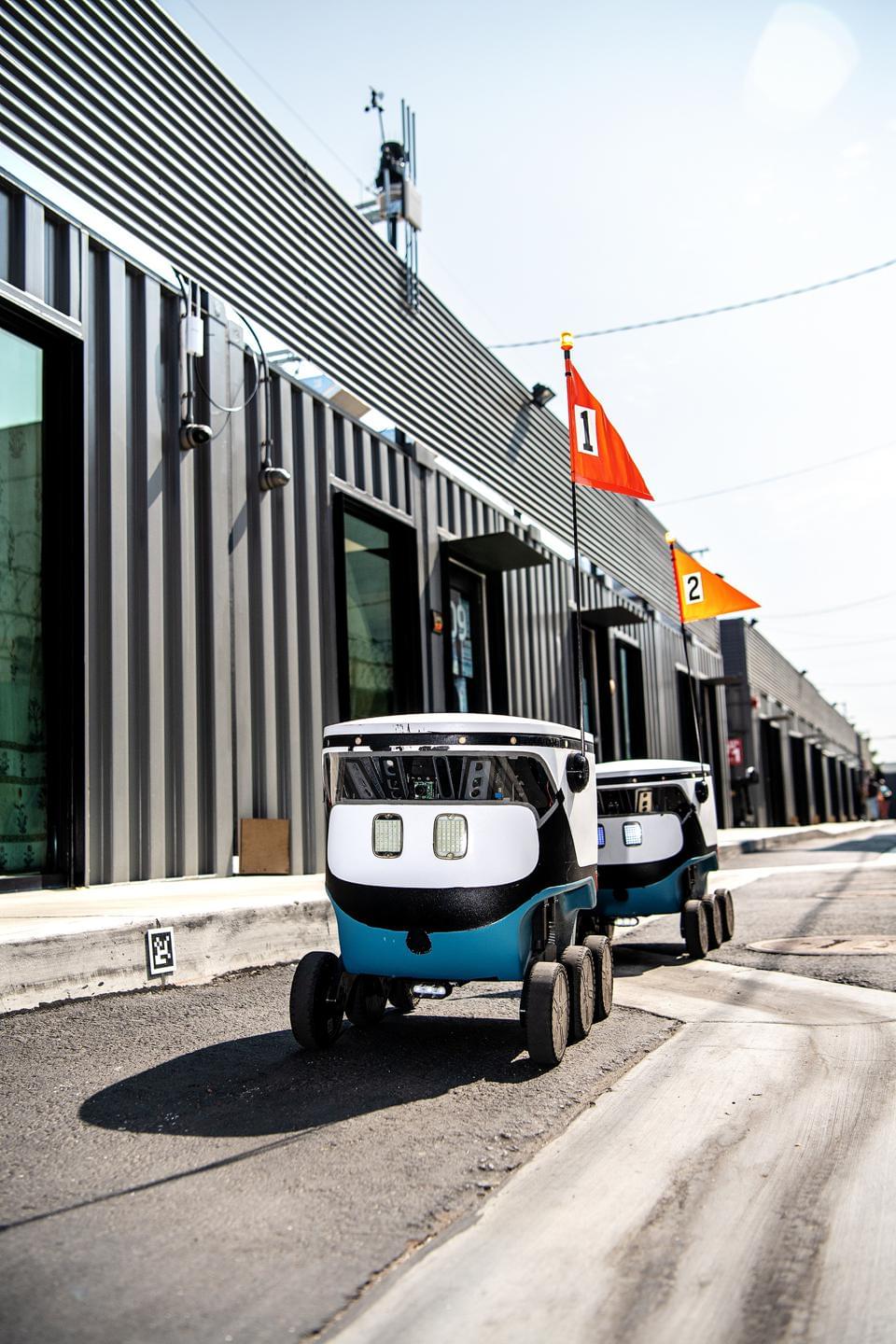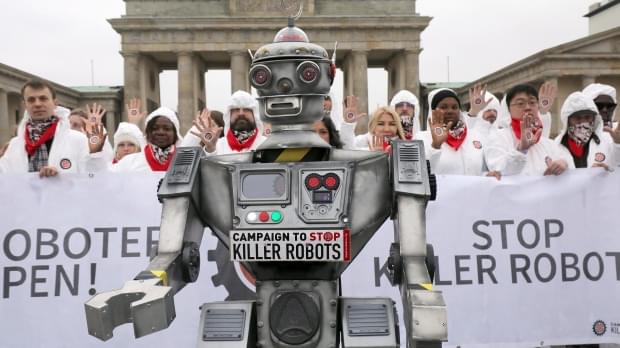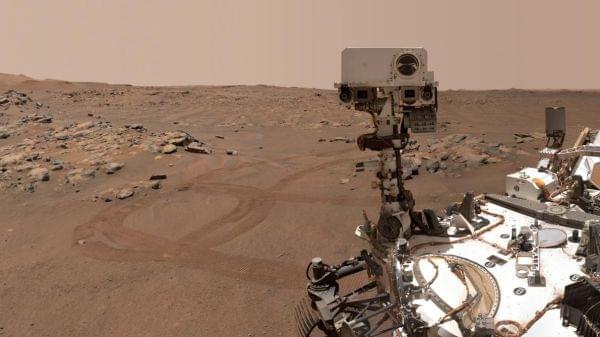And it can stay submerged for a very long time.
The U.S. Defense Advanced Research Projects Agency (DARPA) has awarded Phase 2 contracts for its unmanned underwater vehicles (UUVs) program called Manta-Ray, the agency said in a press release.
When it comes to drones, usually aerial vehicles come to our minds. We have covered aerial drones of all sizes, shapes, those that can be recovered, those that are dispensable, and much more. The risk to a soldier’s life in naval operations is no different and therefore, in 2020, DARPA began its Manta-Ray Program.
As DARPA states in the press release, the aim of the program is to develop underwater vehicles that can operate without the need for human intervention, even for purposes of logistical support or maintenance. The UUVs are meant to stay underwater for extended periods of time and therefore also need to have extremely high endurance.
As seen in the concept video above the UUV is expected to operate at the absolute depths of oceans and could also be designed to carry additional payloads that could perform specialized tasks for it. These payloads are recoverable, meaning the UUV needs to have the infrastructure to recharge them and deploy them time and again. In its early version, it appears that the UUV is not expected to have combat roles but that could rapidly change as we have seen with aerial drones in the past.
Full Story:







